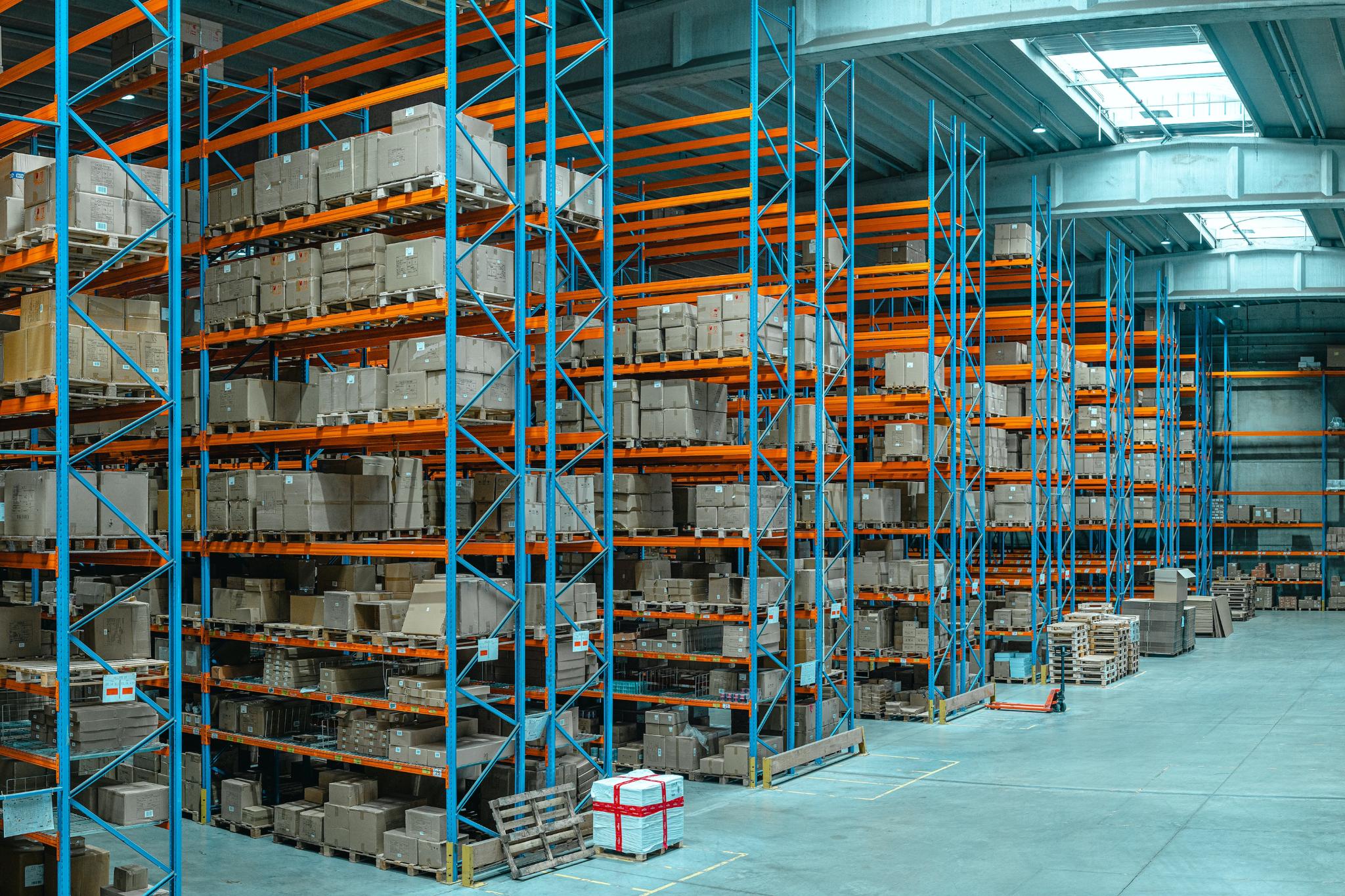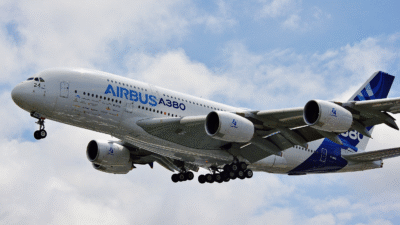Alibaba’s Logistics Hub in Belgium Hit With the Latest Spying Scrutiny
Belgian authorities are monitoring Alibaba for “possible espionage” at the company’s main European logistics hub.

Sign up for smart news, insights, and analysis on the biggest financial stories of the day.
Does the “e” in e-commerce stand for espionage in the case of Alibaba?
Belgian authorities are monitoring the e-commerce giant for “possible espionage” at the company’s main European logistics hub, the Financial Times reported. It’s the latest instance of the West’s growing distrust of Beijing and Chinese companies.
Big Brother is Watching You
As part of national security initiatives, Beijing requires Chinese companies to provide any data to the central government that’s requested, including information collected in foreign markets. That’s boosted the rest of the world’s anxiety and suspicions about the Chinese using spying as a way to help expand its geopolitical and economic reach, especially with Communist Party-backed companies owning stakes in some of China’s most dominant businesses, including Alibaba.
Nearly half the US has banned the video-sharing app TikTok — which is owned by China’s ByteDance — from government devices, and Montana outlawed it completely. Countries around the world have prohibited the purchase of surveillance cameras made by Chinese companies Hikvision and Dahua. And now, the Belgian State Security Service remains on high alert when it comes to Alibaba’s site at the cargo airport in the city of Liège:
- Alibab’s hub — which is operated by its Cainiao logistics arm — was announced in 2018, and involved a $100 million investment in Belgium’s struggling Walloon region. The Belgian parliament raised security concerns at the time, and the VSSE has continued to monitor the location since its completion in 2021, sources told the FT.
- The site is part of Alibaba’s Electronic World Trade Platform, an initiative to expand global trade through e-commerce. Jonathan Holslag, a professor at the Vrije Universiteit Brussel, told the FT that Alibaba’s logistics software at the airport can, in theory, give China “a lot of insights into supply chains and into eventual vulnerabilities.” A source familiar with the company’s IT systems said Cainiao is able to access data about merchants, products, transport details and flows, all of which could be accessed by Beijing.
Alibaba denies wrongdoing and says its Liège data is stored on servers in Germany.
Taking Business Elsewhere: With governments around the world seeking to limit an assertive China’s influence, many international investors are pulling their money out of Chinese stocks. Now, Hong Kong’s $4 trillion stock market is having cash problems, The Wall Street Journal reported. The pullback is also partly due to laws that require buyers and sellers to pay a 0.13% tax on trades in shares listed on the city’s exchange, an added cost that doesn’t exist in the US. Plus, China’s regulatory crackdowns on tech companies and the country’s crumbling property sector doesn’t really scream “growth” to investors.











